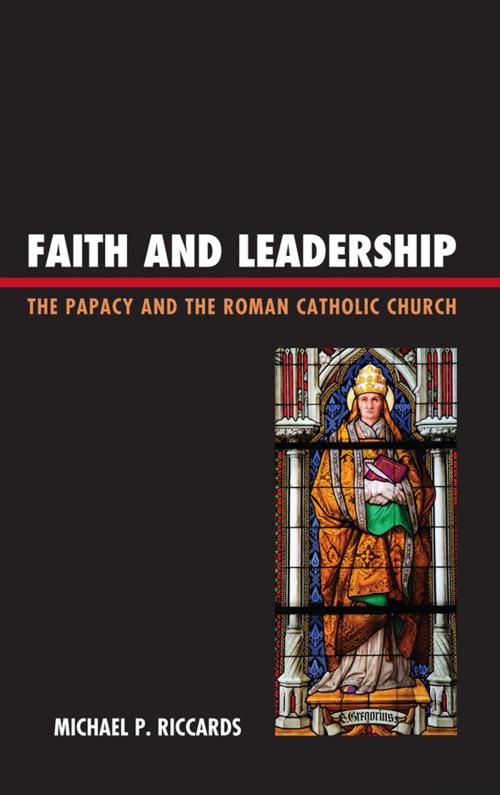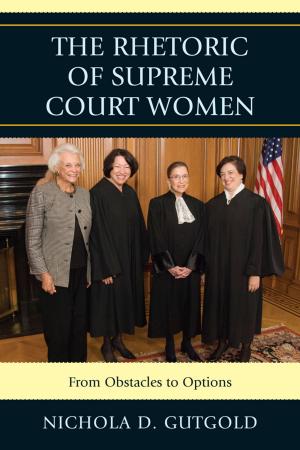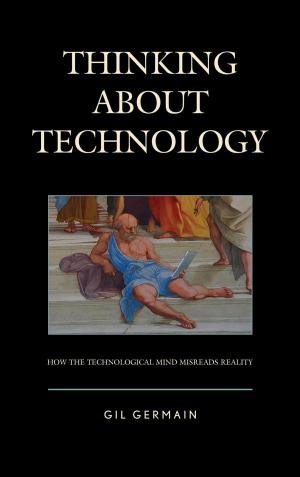Faith and Leadership
The Papacy and the Roman Catholic Church
Nonfiction, Religion & Spirituality, Christianity, Church, Church Administration, Church History, Denominations, Catholic, Catholicism| Author: | Michael P. Riccards | ISBN: | 9780739171332 |
| Publisher: | Lexington Books | Publication: | April 19, 2012 |
| Imprint: | Lexington Books | Language: | English |
| Author: | Michael P. Riccards |
| ISBN: | 9780739171332 |
| Publisher: | Lexington Books |
| Publication: | April 19, 2012 |
| Imprint: | Lexington Books |
| Language: | English |
This study is a comprehensive history of the papacy, the oldest elective office in the world, and how it has managed over the centuries the most complex voluntary association of faith. The book argues that in fact through most of its existence, the papacy has adapted managerial models of the secular world and applied them to the Catholic Church. Since its emergence from the Jewish synagogues to a persecuted minority in the Roman Empire to becoming the established religion of the West, the Church and the papacy engaged the world on its own terms. It is only after the Council of Trent did the Church become somewhat more divorced and estranged from the environment around it. This book focused on those changes and on the great popes across the centuries who reformed and altered Catholicism. Special attention is directed to Gregory I, Innocent I, Innocent III, Pius IX, Leo XIII, Pius XI, Pius XII, John XXVII, Paul VI, and John Paul II. The conclusion is that the persistence of the Catholic Church for so many centuries was due to its ability to preserve the faith, but re-establish its forms and managerial class.
This study is a comprehensive history of the papacy, the oldest elective office in the world, and how it has managed over the centuries the most complex voluntary association of faith. The book argues that in fact through most of its existence, the papacy has adapted managerial models of the secular world and applied them to the Catholic Church. Since its emergence from the Jewish synagogues to a persecuted minority in the Roman Empire to becoming the established religion of the West, the Church and the papacy engaged the world on its own terms. It is only after the Council of Trent did the Church become somewhat more divorced and estranged from the environment around it. This book focused on those changes and on the great popes across the centuries who reformed and altered Catholicism. Special attention is directed to Gregory I, Innocent I, Innocent III, Pius IX, Leo XIII, Pius XI, Pius XII, John XXVII, Paul VI, and John Paul II. The conclusion is that the persistence of the Catholic Church for so many centuries was due to its ability to preserve the faith, but re-establish its forms and managerial class.















